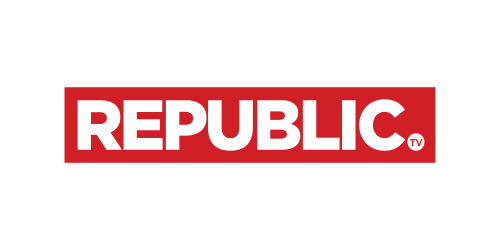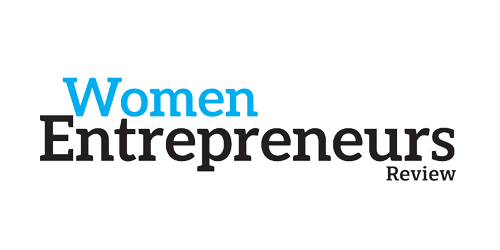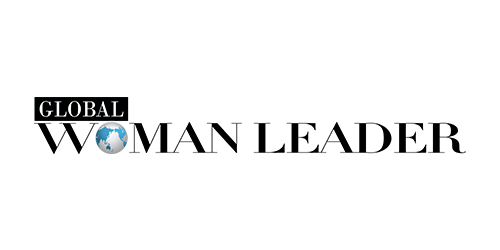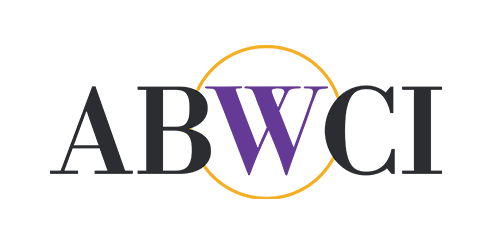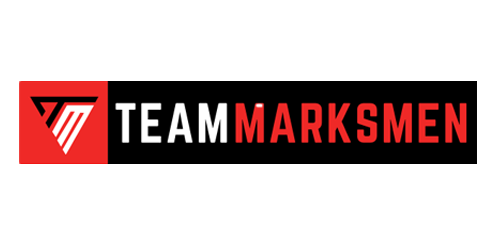Empowering Women,Accelerating Growth
In recent years, India's workforce has seen a significant rise in female participation, growing from 21% in 2021 to 26% in 2023. This progress offers a strategic opportunity to unlock economic potential, with the working-age population projected to reach nearly 70% by 2030.
The IT sector leads this shift, with 30% female participation, driven by flexible hours, progressive policies, and a supportive environment. The BFSI sector follows with 22.4% female participation, thanks to job stability and abundant career opportunities. In contrast, the FMCG and industrial sectors lag behind with female participation rates of 5.5% and 4.3%, respectively, due to rigid gender norms, inflexible work environments, and a lack of female leadership.
Brochure Register Now

Unlocking Economic Potential
Increasing women's participation in the workforce is not only a social or industrial imperative, but also an economic one. According to the World Bank, India's GDP could grow by 1% if the female labour force participation rate increased from the current 25% to 50%. As India moves towards becoming the world's third-largest economy by 2030, achieving gender parity in the workforce will be instrumental in realizing its full potential. By fostering an inclusive work environment and addressing barriers to female employment, India can unlock unprecedented economic opportunities and ensure sustainable growth for future generations.

Overcoming Systemic Challenges
In India, women face a multitude of challenges in the workplace stemming from deep-rooted cultural norms, systemic biases, and structural barriers. Gender discrimination is pervasive, manifesting in unequal pay, limited career advancement opportunities, and a stark underrepresentation in leadership roles. The lack of safe working environments further exacerbates these issues, discouraging women's participation and retention in the workforce. Organizations must address these ingrained disparities by implementing comprehensive policies that promote gender equity, establish transparent pay structures, foster mentorship and sponsorship programs, and strive for gender diversity in leadership. Creating safe and inclusive work environments through robust anti-harassment policies and flexible working arrangements can significantly enhance women's participation, and tap into their diverse perspectives and unique contributions.
Brochure Register Now
Building on Past Successes
Team Marksmen Network's flagship initiative, Most Preferred Workplace, now shifts its focus to the Most Preferred Workplaces for Women 2024-25. This initiative recognizes and celebrates organizations that prioritize women's welfare and create supportive, equitable environments for their female employees across various sectors, including BFSI, manufacturing, retail and e-commerce, FMCG, automobiles and auto ancillaries, IT and ITES, healthcare, power and energy, infrastructure, and real estate.
Brochure Register Now

Glimpses























Our Eminent Speakers

Akshay Yadava
Director, UIDAI
(Unique Identification Authority of India)

Bhavya Misra
Chief Human Resources Officer (CHRO)
Godrej Capital

Himanshu Kapila
Director, Human Resources
Medtronic India

Lynette D'silva
VP HR - Global People Services
Amdocs

Mahnaz Shaikh
Chief Human Resources Officer
Eureka Forbes Ltd.

Manoj Kumar Chaudhary
Chief Human Resources Officer
Edelweiss Asset Management Limited

Namita Patwari
Chief Human Resources Officer
Alembic Pharmaceuticals Limited

Rajat Mishra
Assistant Editor
Republic Business

Riya Dalvi
Vice President Human Resources
CEAT Limited

Roma Bindroo
People Director & Head HR
Sanofi CHC

Shruti Sethi
Executive Vice President
HDFC ERGO General Insurance Company Limited

Sudakshina Bhattacharya
President and Chief Human Resources Officer
HDFC ERGO General Insurance Company Limited
Shaped by In-depth Research
This unique initiative has been shaped by insights gleaned from an industry-wide study conducted by LeadCap Ventures with organisations appraised on the following parameters:
Industries Covered
- BFSI
- Manufacturing
- Retail and E-Commerce
- FMCG
- Automobiles and Auto Ancillaries
- IT and ITES
- Healthcare
- Power and Energy
- Infrastructure
- Real Estate
- & more..
Key Discussion Points
Approaches to ensure equal career growth opportunities
Strategies for implementing effective pay equity policies thereby reducing the gender-pay gap
How organisations can ensure gender diversity in the boardroom
Navigating challenges associated with career gaps
Ensuring work life balance in the organisation

Media Section
Most Preferred Workplace IT and ITES Edition 2023
Most Preferred Workplace BFSI Edition 2023
Most Preferred Workplace 2023 – 2024 (Episode 1)
Most Preferred Workplace 2023 – 2024 (Episode 2)
Most Preferred Workplace – Episode 1 Televised On India Today (IT & BFSI Edition)
Most Preferred Workplace – Episode 2 Televised On India Today (Health & Wellness, Manufacturing Edition)


